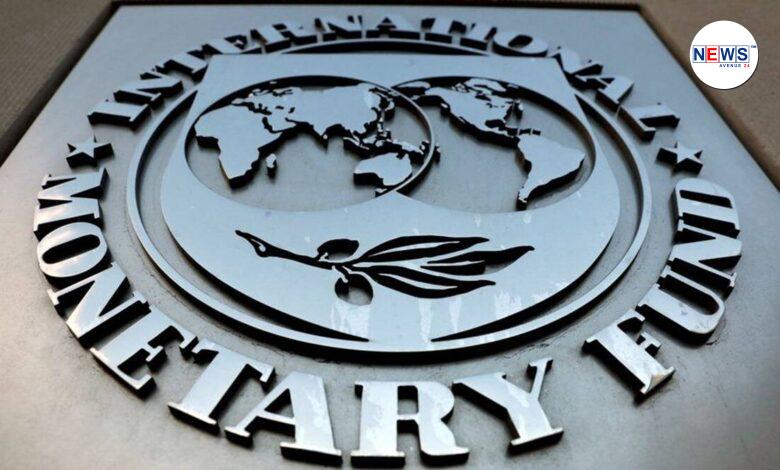
IMF cuts Asia’s economic forecasts as China’s slowdown bites
The IMF cut Asia’s growth forecast to 4.0% this year and 4.3% next year, down 0.9% point and 0.8 point from April, respectively.
The International Monetary Fund cut Asia’s economic forecasts on Friday as global monetary tightening, rising inflation blamed on the war in Ukraine, and China’s sharp slowdown dampened the region’s recovery prospects.
While inflation in Asia remains subdued compared with other regions, most central banks must continue raising interest rates to ensure inflation expectations do not become de-anchored, the IMF said in its Asia-Pacific regional economic outlook report.
“Asia’s strong economic rebound early this year is losing momentum, with a weaker-than expected second quarter,” said Krishna Srinivasan, director of the IMF’s Asia and Pacific Department.
“Further tightening of monetary policy will be required to ensure that inflation returns to target and inflation expectations remain well anchored.”
The IMF cut Asia’s growth forecast to 4.0% this year and 4.3% next year, down 0.9% point and 0.8 point from April, respectively. The slowdown follows a 6.5% expansion in 2021.
“As the effects of the pandemic wane, the region faces new headwinds from global financial tightening and an expected slowdown of external demand,” the report said.
Among the biggest headwinds is China’s rapid and broad-based economic slowdown blamed on strict COVID-19 lockdowns and its worsening property woes, the IMF said.
“With a growing number of property developers defaulting on their debt over the past year, the sector’s access to market financing has become increasingly challenging,” the report said.
“Risks to the banking system from the real estate sector are rising because of substantial exposure.”
The IMF expects China’s growth to slow to 3.2% this year, a 1.2-point downgrade from its April projection, after an 8.1% rise in 2021. The world’s second-largest economy is seen growing 4.4% next year and 4.5% in 2024, the IMF said.
As Asian emerging economies are forced to raise rates to avoid rapid capital outflows, a “judicious” use of foreign exchange intervention could help ease the burden on monetary policy in some countries, the IMF said.
“This tool could be particularly useful among Asia’s shallower foreign exchange markets” like the Philippines, or where currency mismatches on bank or corporate balance sheets heighten exchange-rate volatility risks such as in Indonesia, the IMF said.
“Foreign exchange intervention should be temporary to avoid side effects from sustained use, which may include increased risk-taking in the private sector,” it said.
Source- INDIAN EXPRESS





